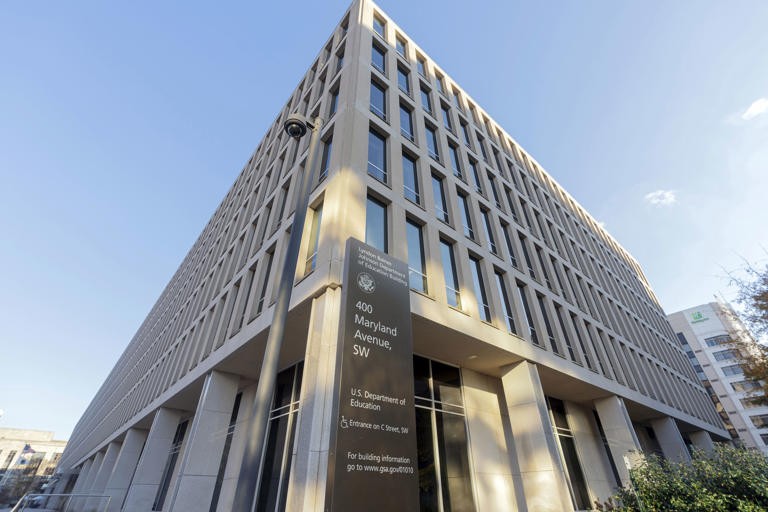
The Trump administration is preparing an executive order to begin dismantling the U.S. Department of Education, according to sources familiar with the plans. President Trump is expected to sign the order this month, setting in motion a complex process to wind down the federal agency's operations.
The proposed executive order outlines a two-pronged approach: First, directing the department to develop plans for scaling back its current functions using existing administrative authority. Second, creating an inventory of laws that would need to be modified to redistribute the department's responsibilities to other federal agencies before a full closure could occur.
While President Trump has repeatedly expressed his desire to close the Education Department, the initiative faces substantial hurdles. Congressional approval would be required for many major changes, and conservatives currently lack sufficient support for legislation to fully shutter the agency.
Adding to the developments, representatives from Elon Musk's Department of Government Efficiency were reportedly working at Education Department headquarters Monday, reviewing agency records as part of a broader examination of government operations.
The timing of these plans coincides with the pending confirmation of Trump's nominee for Education Secretary, Linda McMahon. The billionaire pro wrestling executive still awaits clearance of financial disclosures and paperwork from the Office of Government Ethics before her nomination hearing can be scheduled. When McMahon faces the Senate, she will likely face pointed questions about the department's future existence.
The Education Department currently oversees federal student loans, civil rights enforcement in schools, and institutional aid programs. Any effort to dismantle the agency would require careful consideration of how to maintain these critical functions through other departments or agencies.
Education advocates have raised concerns about potential disruptions to students and institutions if the department's closure moves forward. The proposal has also sparked debate about federal oversight of education and states' rights - a longstanding point of contention between conservative and progressive policymakers.